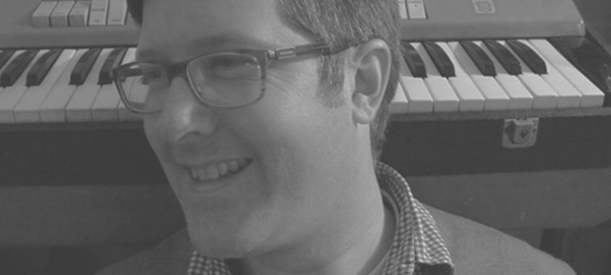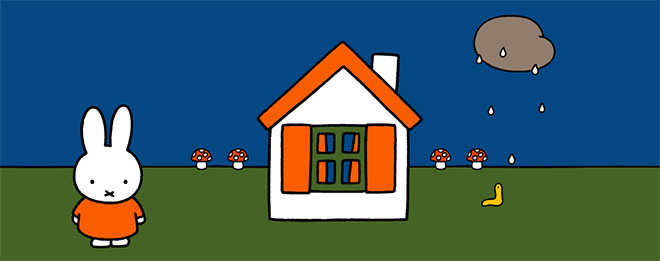We recently passed three years since the first humble email digest was sent in Melbourne. The Fetch was just a teeny tiny side-project then with the goal of making it easier to discover all the events happening that the rest of the event and city guides didn’t cover. Since then, we’ve been on a journey, delivering curated goodness to the community week after week – in cities all around the world. Countless hours have been put in by our community of tireless curators, including dedicating our Sundays to prepare so that we could kick off your work week with your local issue of The Fetch. We’re now starting to think about our future. It’s exciting… and scary!
Over the coming weeks, you’ll start to notice many updates to The Fetch – including a new logo, a new email design, the transition to one global newsletter of the ‘Link-love, must-reads’ section, and the launch of a new responsive landing page. From here, you’ll be able to sign-up to reserve a username for the next generation of The Fetch – an app that does a way better job of delivering you events (customized for you, less noise, and more relevancy with social and calendar integration). Most importantly, this platform will allow us to have a better foundation to sustain our activities from – we will be able to spend less time creating and editing The Fetch emails manually – and more time on quality and breadth of content.
We’ve decided that there’s no point in building this app if we don’t have the support of the community we love to serve. After all, if you don’t find it useful or actually want/need it, then perhaps it shouldn’t exist! A good way to understand this support is via crowdsourcing funds so we’ll be launching a Kickstarter campaign over the coming weeks. We hope you back us!
The map above shows a few of the 70-plus requests we’ve had to take The Fetch to more cities. The grey dots are where we’d expand to with the new platform.
In order to get a better sense of what is is about The Fetch that our community values, we’ve asked members from all walks their thoughts:
Avid reader
“I regularly recommend The Fetch to people looking to get involved in their local startup scenes — it’s quick, informative and brilliant. As a weekly reader, I’m a huge fan.”
~ Kathryn Minshew, founder & CEO, The Muse
Curator
“Since becoming the Melbourne Curator, my life has changed dramatically in a very positive way. It’s provided me with the opportunity to meet an exciting network of people across the digital/tech/ creative industries who are eager to connect, collaborate, and share knowledge. The sense of community that can be found amongst the Fetchers is unique and one that has developed in such a natural and organic way – it’s been amazing to be a part of its growth.”
~ Kat Loughrey, curator of The Fetch Melbourne
Event organizer
“The Fetch has helped me grow my community, Girl Geek Dinners Melbourne, from 300 to 850 women in one year. Most recently, we advertised Australia’s first all-female hackathon, She Hacks. An increase in traffic to our website resulted, but there were also many people who I bumped into on the street that said they saw She Hacks in The Fetch. I recommend The Fetch as the best place to find out about events for professionals.”
~ Tammy Butow, senior digital strategist, National Australia Bank
City ambassador
“The Fetch has allowed me to invest in my own growth. I have been able to forge new friendships, develop skills and pursue unexpected interests because of what it’s put in my path. As a result of the things I am aware of in my community, I have become better equipped at guiding other people towards the resources they need to fuel their own aspirations and endeavours.”
~ Jackie Antig, city ambassador for The Fetch
No. 1 fan
“The Fetch has opened my horizons both professionally and personally in Sydney and in places I travel to, such as Melbourne, London, and New York. It’s brilliant for making connections and putting me in the know of what’s happening in the digital and creative scene. I recommend The Fetch to nearly everyone I meet, and they love it. Since the very first issue came out, I have been a fan, the No.1 Fetch Fan in fact. It has changed and enriched my life.”
~ Mark Woodrow, founder, The Galaxy and now at Yammer
No. 1 sharer of The Fetch’s content
“I feel a bit lost when my week doesn’t start with The Fetch. I’m always on the lookout for fresh job opportunities and local events where I can learn and network, and The Fetch’s weekly email is my first port of call to find them. Even on the weeks where the jobs and events don’t suit my needs, I always know there’ll be at least a handful of fascinating articles to read and learn from. I love it.”
~ Neil Fahey, freelance writer, blogger and online comms guy
Email format lover and partner
“To feel the pulse of a city’s tech scene, I recommend subscribing to The Fetch. Regardless of whether you’re making in-roads into creative communities, or wanting to attend a web metrics meetup, each issue will have you both scrambling for your calendar and reading up on new and interesting projects. A hat tip to their team for creating such a valuable newsletter!”
~ Rosanne de Vries, Community Manager, Campaign Monitor
—
If you’d like to pass on any feedback about where we’re going and where we’ve come from – or to chat about sponsoring or adding to our list of Kickstarter prizes, please email me kate@thefetch.com.
Thanks so much and I look forward to hearing your thoughts on our changes over the coming months. 🙂







